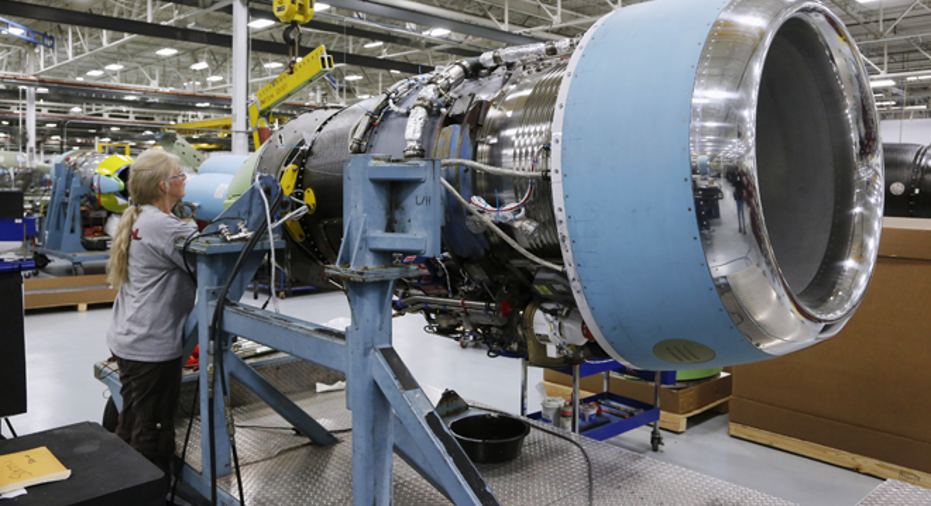-Boeing says Japanese firms to build 21 pct of the 777X

Boeing Co said it will retain Japanese companies such as Mitsubishi Heavy Industries Ltd, Kawasaki Heavy Industries Ltd and Fuji Heavy Industries Ltd as key partners in its commercial aircraft business, awarding them a 21 percent workshare of its latest jetliner, the 777X.
Five Japanese companies will build fuselage sections, bulkheads, landing gear and center wing sections, and other parts for the aircraft that is slated to go into service at the end of the decade, Boeing said in a release on Thursday.
The workshare on the 777X is on a par with the 21 percent of the 777 that Japanese firms have been fabricating since 1995, and in line with what sources familiar with the plan told Reuters in April.
The share, however, is lower than the 35 percent of the carbon fiber 787 Dreamliner built in Japan, including the wings, a level of participation that Japanese firms may struggle to win in the future, industry analysts say.
After difficulties managing its extended 787 global supply chain that delayed deliveries, Boeing is taking a more conventional approach to building the 777X, which unlike the all-carbon fiber Dreamliner will have a metal fuselage. The wings will be made by Boeing in the United States.
Mitsubishi Heavy, according to sources who spoke to Reuters last year, made a failed eleventh hour bid to win the wing business when workers in the U.S. at first rejected a labor deal that would have secured the build in Washington State.
Japan's government sees Boeing as crucial to building an aerospace industry that the U.S. dismantled after World War II. Boeing estimates that around 22,000 engineers in Japan, or 40 percent of nation's aerospace workforce, work on its jets.
Beginning with panels for the 747 jumbo, Japanese firms secured their ties to Boeing in the 1980s with a 16 percent share of the 767. That deepened further with their involvement in the 777 a decade later.
As Japan emerged after World War II as Asia's powerhouse economy and the region's biggest aviation market, those deep industrial ties helped secure sales. It still dominates with an 80 percent market share.
That domination, however, is being challenged. Japan Airlines last year rejected a 777X proposal by Boeing and instead ordered 31 A350s from Airbus, its first purchase from the European company. That prompted angst in Tokyo that Boeing would look for suppliers elsewhere particularly in China which is now the biggest market in the region for passenger aircraft.
JAL's rival ANA Holdings helped ease that worry in March when as part of a 70 plane order it bought a score of 777X jets as well as six 777s and 14 787s. Boeing so far won 300 orders for the new plane
Although the workshare is on a par with the 777, the volume of work may however be greater because Boeing plans set the pace of output to more than the 8.3 777 it currently fabricates per month, a source familiar with the plan told Reuters in April.
"We anticipate it to be at least the same as the 777," Ray Conner, the CEO of Boeing Commercial Airplanes, said at a press conference in Tokyo when asked about planned production levels.



















